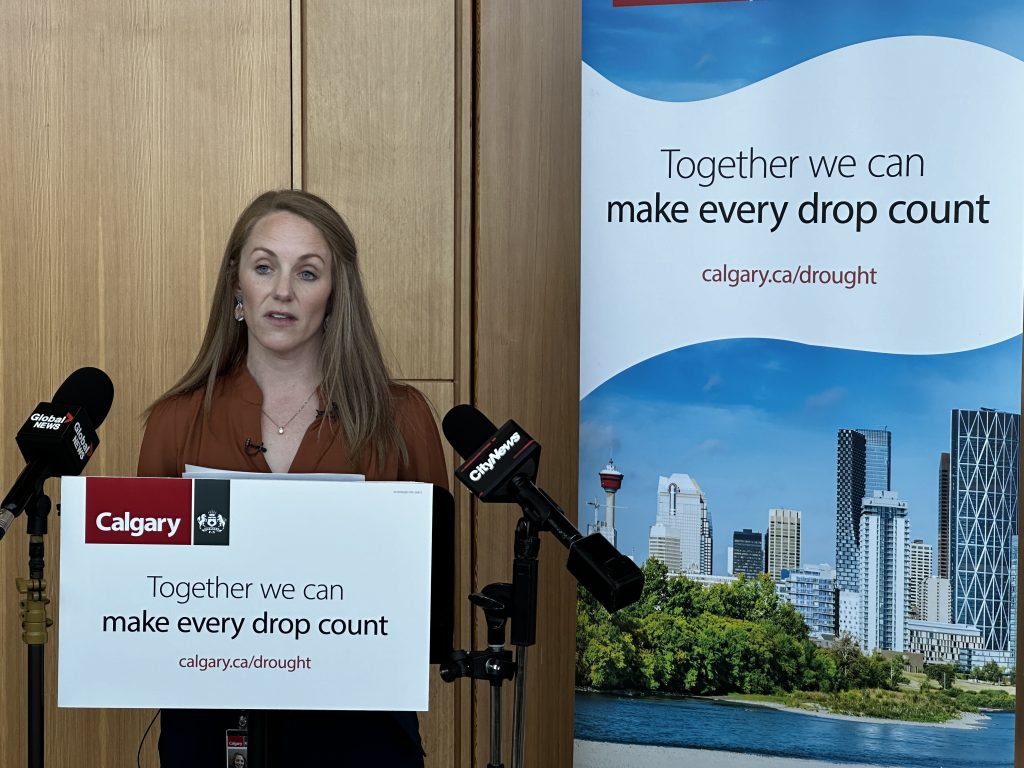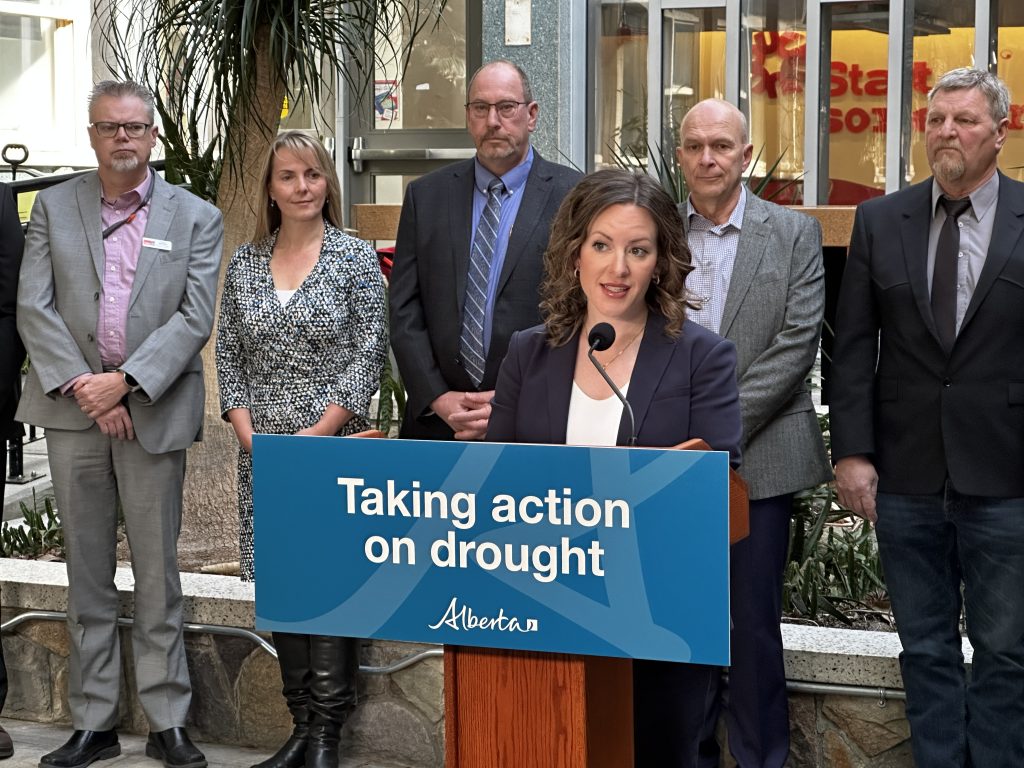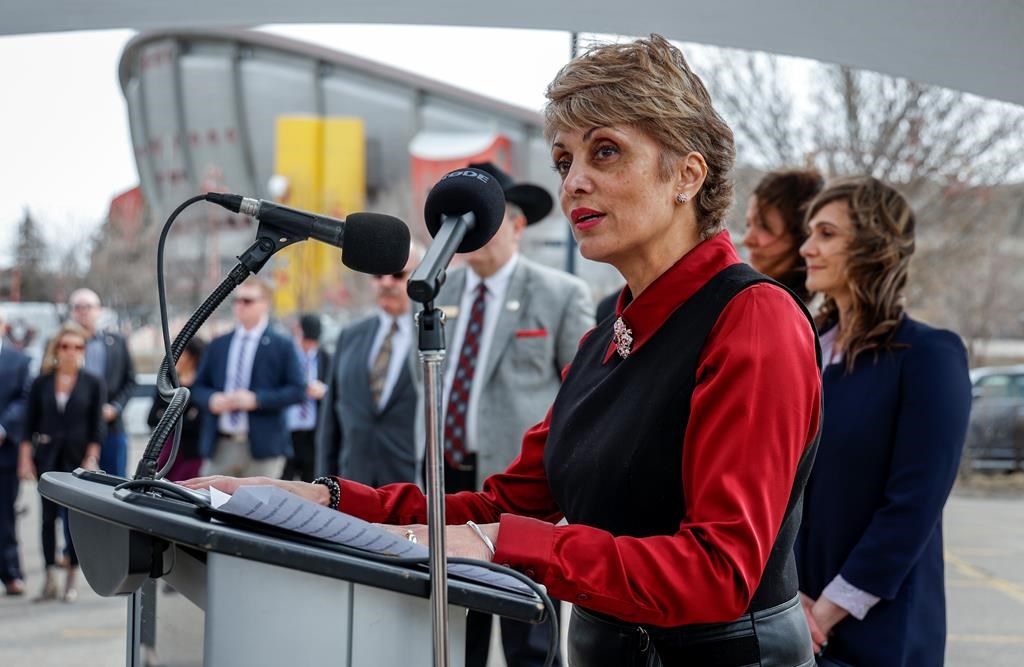McDonald’s wraps sustainable beef pilot as cattle ranchers embrace verification
Posted Jun 1, 2016 1:07 pm.
Last Updated Jun 1, 2016 4:20 pm.
This article is more than 5 years old.
VANCOUVER – McDonald’s Canada has wrapped a pilot project to verify cattle ranches as producing sustainable beef, an initiative that one expert says could be a “gamechanger” for the industry.
The Canadian arm of the burger giant announced on Wednesday the results of a two-year partnership with the beef industry to advance environmental and ethical standards.
More than 180 beef operations in Canada were verified as sustainable after being assessed by a third-party auditor for principles including natural resources, animal welfare and community engagement.
Jeffrey Fitzpatrick-Stilwell, senior manager of sustainability at McDonald’s Canada, said consumers are increasingly interested in how their food is grown and raised.
“Canadians like that you’re sourcing 100 per cent Canadian beef, 100 per cent Canadian chicken, 100 per cent Canadian potatoes, on and on. They really respond to that,” he said.
“But then the next level is: Are you making sure that they’re being produced in a responsible and sustainable manner?”
A recent decision by Earls Restaurants Ltd. to source certified humane beef from the U.S. drew a backlash from Alberta cattle ranchers, prompting the chain to backtrack and say some Canadian burgers and steaks would be back on its menu.
The fiasco drew attention to beef standards in Canada, with many ranchers insisting they already produced humane meat. But the industry is also recognizing that consumers increasingly want evidence that their animals were raised ethically.
Betty Green, owner of G7 Ranch in Fisher Branch, Man., said getting verified under the pilot project is an opportunity to demonstrate the high standards she was already meeting.
“It’s no longer good enough for us to just say, ‘We’re doing it. Trust us.’ We now have to step to the plate and offer some evidence,” she said.
McDonald’s Canada serves all-Canadian beef from ranches primarily in Alberta and Saskatchewan. The company began working with the industry on the pilot in 2014 as part of a broader goal to source all its food and packaging sustainably.
The principles by which ranches were assessed were developed by the Global Roundtable for Sustainable Beef, a multi-stakeholder initiative created to advance sustainability in the industry.
Now, the pilot results are in the hands of the Canadian Roundtable for Sustainable Beef, an initiative working towards similar goals locally. It will now create a verification framework based on the pilot to be finalized by late 2017.
Fawn Jackson, executive director of the Canadian roundtable, said McDonald’s helped bring the conversation about sustainability to the mainstream. The roundtable had recently formed when the fast-food chain first approached it in 2014.
“In Canada, we had a number of the different, what I’ll call puzzle pieces, to sustainability. But the pilot project has really helped put those puzzle pieces together.”
World Wildlife Fund U.S. is one of the founding members of the global roundtable, and its beef director Tim Hardman said beef production impacts more natural resources than any other animal that’s raised for food.
“It’s critical to us that beef is produced in a way that delivers maximum benefit from finite resources. We know that in a world with a growing population and a growing middle class, global demand for beef is going to increase,” he said.
Sylvain Charlebois, a professor in food distribution and policy at Dalhousie University in Halifax, said McDonald’s is such a massive company that it has the power to drive lasting industry change.
He pointed out that other chains followed suit when McDonald’s announced last year that it would serve only cage-free eggs by 2025.
“McDonald’s sneezes and everybody catches pneumonia,” he said. “My guess is that within the next decade or two, notions like sustainability and animal welfare may very well become mainstream.”
— Follow @ellekane on Twitter.










